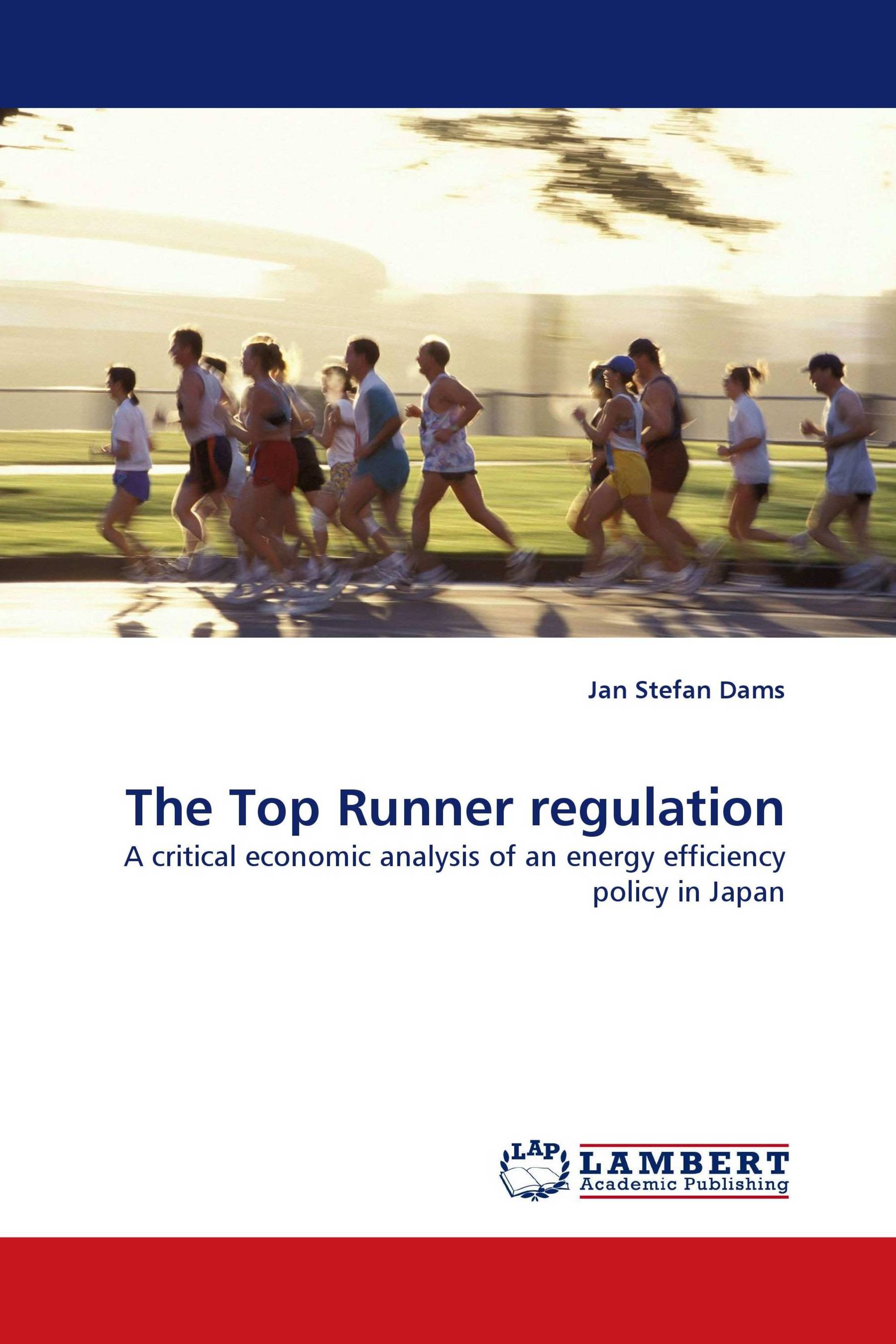The Top Runner regulation
A critical economic analysis of an energy efficiency policy in Japan
LAP Lambert Academic Publishing ( 2010-02-01 )
€ 49,00
Since 1999, the Japanese Ministry of Economy, Trade and Industry (METI) regulates under the name "Top Runner Program" 21 consumer product markets by obliging all manufacturers of a same product category to meet at least the highest energy efficiency performance available in the market at the time of standard setting. This study extends previous literature by reviewing economic arguments for and against energy efficiency policies and conducting a positive welfare analysis based on industrial organization theory. It turns out that, although the existence of market failures might justify market intervention to decrease energy consumption, it is much less clear whether energy efficiency standards are a suitable instrument to achieve this goal. Theoretical results of this study give an indication on likely winners and losers of the regulation, challenge the proposition that energy efficiency standards necessarily lead to a decrease in energy consumption in the relevant market and reveal some possibly unintended economic, environmental and distributive consequences.
Book Details: |
|
|
ISBN-13: |
978-3-8383-4336-5 |
|
ISBN-10: |
3838343360 |
|
EAN: |
9783838343365 |
|
Book language: |
English |
|
By (author) : |
Jan Stefan Dams |
|
Number of pages: |
92 |
|
Published on: |
2010-02-01 |
|
Category: |
Individual braches, Branches |




